

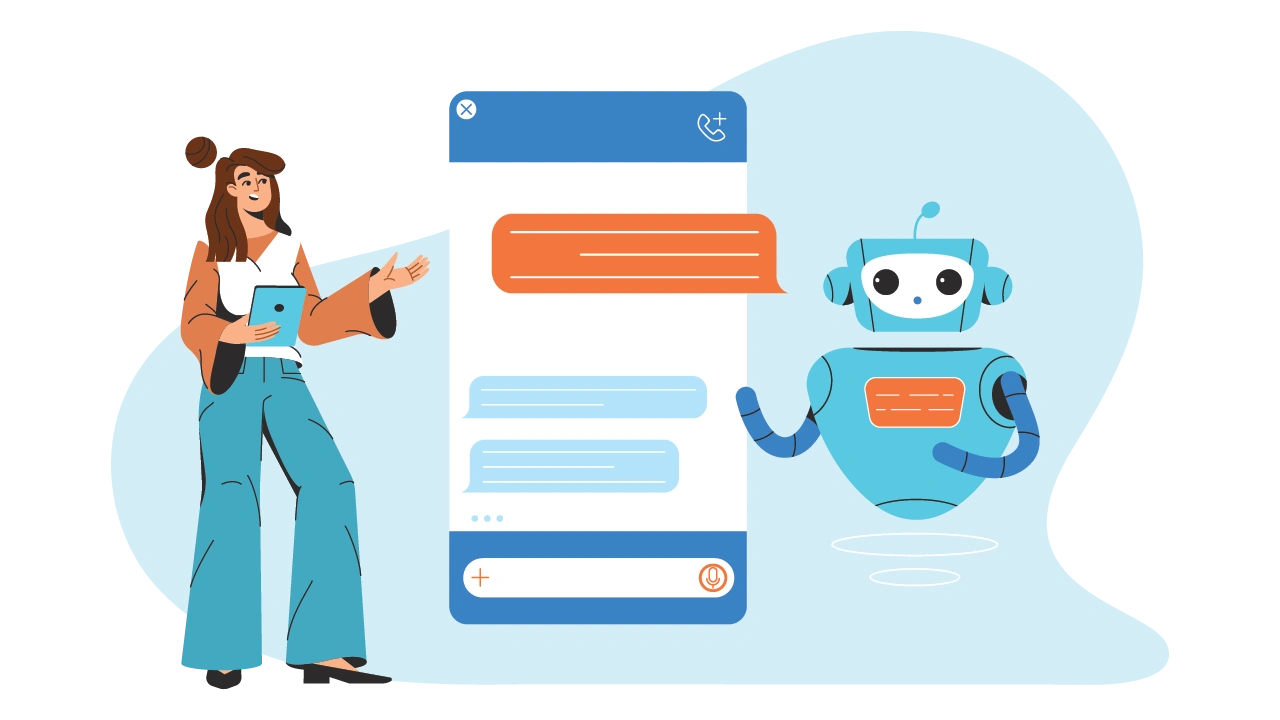
A few years ago, the arrival of HR chatbots marked the dawn of digital transformation in human resources. They simplified basic employee queries, automated repetitive tasks, and freed HR professionals to focus on more strategic work. But in 2025, the conversation has shifted dramatically. The modern workforce demands more than transactional efficiency — it expects personalized experiences, context-aware interactions, and predictive guidance that evolves in real time.
That’s where Agentic AI in HR 2025 steps in. Unlike traditional chatbots, which simply respond to pre-scripted prompts, Agentic AI agents can think, learn, adapt, and act on behalf of HR professionals. These intelligent digital partners don’t just answer questions — they anticipate needs, make data-driven recommendations, and execute actions autonomously across the employee lifecycle.
In a year defined by agile organizations and human-centric digital ecosystems, adopting Agentic AI isn’t just a technology upgrade — it’s a strategic imperative. HR must move beyond chatbots toward intelligent, proactive, and adaptive AI agents that understand the nuances of work, behavior, and culture.
When HR chatbots first appeared, they seemed revolutionary. They could respond instantly to employee questions about leave balances, payroll cycles, or company policies. But as workplaces evolved, their limitations became clear.
Traditional chatbots are reactive — they wait for input and respond within the narrow confines of predefined scripts. They lack contextual understanding, emotional intelligence, and decision-making capability. They can’t interpret ambiguity or provide personalized recommendations beyond what’s been programmed.
For example, if an employee asks a chatbot about growth opportunities, the bot might list available courses — but it won’t analyze performance data, learning history, or career aspirations to suggest the right next step. In a world where personalization defines engagement, these static bots simply fall short.
In 2025, employees are digital natives who expect consumer-grade experiences at work. They want instant, accurate, and personalized responses — not generic Q&A. They seek career guidance, well-being support, and predictive assistance that anticipates needs before they arise.
This shift in expectation is transforming HR’s role. The HR function is no longer just administrative — it’s becoming the experience architect of the organization. And to fulfill that role, HR needs tools that go beyond automation — tools that can thin k and act strategically.
Chatbots were the first step; Agentic AI agents are the leap forward.
Agentic AI represents the next generation of artificial intelligence — systems that possess agency, or the ability to act independently and purposefully. In HR, this means AI agents that don’t just respond to commands but understand context, learn continuously, and take proactive action to support both employees and HR teams.
Unlike traditional conversational AI, which relies on static dialogue trees, agentic systems are built on reinforcement learning, large language models, and contextual reasoning. They can analyze complex HR data — performance metrics, engagement surveys, career progression paths — and autonomously execute tasks like identifying retention risks, scheduling training, or optimizing workforce planning.
Imagine an HR agent that notices declining engagement scores in a particular department. Without waiting for input, it analyzes the trend, identifies potential causes (like workload imbalance or leadership turnover), and recommends specific interventions to the HR leader. That’s Agentic AI in action - an intelligent partner, not just a responder.
| Feature | Traditional Chatbots | Agentic AI Agents |
|---|---|---|
| Nature | Reactive | Proactive & Autonomous |
| Learning | Scripted | Adaptive & Contextual |
| Capabilities | Answering queries | Predicting, deciding, and acting |
| Integration | Limited to one platform | Works across HR systems |
| Outcome | Transactional efficiency | Strategic decision enablement |
In essence, Agentic AI isn’t here to replace HR — it’s here to elevate HR from task execution to strategic orchestration.
Recruitment in 2025 is about precision and speed. Agentic AI agents can autonomously screen candidates by analyzing resumes, assessing behavioral data, and predicting cultural fit using historical hiring outcomes.
Once a candidate accepts an offer, the same agent can manage onboarding workflows, ensure compliance documentation is complete, and personalize orientation based on role and preferences. This intelligent automation shortens hiring cycles, improves candidate experience, and ensures smoother transitions from offer to integration.
In an era where one-size-fits-all training no longer works, Agentic AI can deliver hyper-personalized learning journeys. These AI agents analyze performance metrics, skill gaps, and aspirations to recommend the right learning modules, mentors, or career paths.
They can also monitor engagement signals — such as declining participation in team meetings or decreased feedback activity — and alert managers proactively. The result? A continuous learning culture that adapts in real time to the needs of every employee.
Employee turnover remains a critical challenge. Instead of reacting after attrition occurs, Agentic AI agents use predictive analytics to detect early warning signs. By correlating engagement scores, workload data, and sentiment analysis, they can predict who’s likely to leave and why — giving HR leaders time to intervene.
Moreover, these agents can support strategic workforce planning by forecasting future skill requirements based on business growth, technology trends, and market shifts. They ensure organizations stay ahead of the curve in both talent retention and development.
Agentic AI thrives on data. It can aggregate insights from performance reviews, recruitment funnels, and learning systems to create a unified view of organizational talent. Using predictive analytics, it identifies future skill shortages, high-potential employees, and leadership readiness — transforming HR from a reactive to a data-driven strategic partner..
This capability enables HR leaders to make evidence-based decisions about promotions, succession planning, and internal mobility. Instead of waiting for problems to arise, AI agents proactively suggest solutions aligned with long-term organizational goals.
Also Read : From Chatbots to True Partners: How Agentic AI Is Redefining the Future of HR
Regulatory compliance in HR — from labor laws to diversity and inclusion mandates — is becoming increasingly complex. Agentic AI can monitor policy adherence across systems, flag inconsistencies, and even execute corrective actions autonomously.
For example, if an employee’s working hours exceed legal thresholds, the AI agent can alert HR, adjust schedules, and ensure adherence to regulations without human intervention. This not only reduces risk but also enhances HR’s credibility as a governance enabler.
Agentic AI bridges the gap between analytics and empathy. By handling repetitive tasks and providing predictive insights, it empowers HR leaders to focus on strategic, human-centered initiatives — like fostering belonging, building leadership pipelines, and shaping organizational culture.
AI agents act as interpreters between data and people, turning complex information into actionable intelligence that aligns with both employee well-being and business performance. This synergy of human intuition and machine precision defines the future of HR.
The world of work in 2025 is dynamic — hybrid models, gig talent, and global teams are the norm. To thrive, HR must operate with agility and adaptability. Agentic AI enables this by creating a connected HR ecosystem, where systems, data, and processes communicate seamlessly.
By integrating with HRMS, LMS, payroll, and collaboration tools, these agents create a unified environment where insights flow effortlessly. The result: HR evolves from a support function to a strategic powerhouse driving organizational transformation.
The HR chatbot was once the symbol of digital transformation. But in 2025, it represents the past. The future belongs to Agentic AI in HR 2025 — intelligent systems that understand, anticipate, and act.
These AI agents redefine what it means to manage people: they enhance productivity, personalize experiences, and enable agility at scale. As employee expectations rise and business landscapes evolve, organizations that adopt Agentic AI will not just keep pace — they’ll lead the transformation.
For HR leaders, the message is clear: move beyond automation toward intelligent collaboration. Make Agentic AI in HR 2025 a strategic priority, and unlock the next era of human potential.
Agentic AI in HR refers to autonomous, intelligent systems capable of understanding context, learning continuously, and taking proactive actions to support HR functions — from recruitment to retention.
Chatbots are reactive and script-based, while Agentic AI agents are proactive, adaptive, and capable of decision-making. They go beyond answering questions to executing tasks and predicting outcomes.
Key benefits include smarter hiring, personalized learning, predictive retention, real-time compliance management, and data-driven HR decision-making.
No. Agentic AI complements HR professionals by handling repetitive tasks and providing insights, allowing them to focus on strategy, empathy, and leadership.
Begin by identifying automation opportunities, integrating AI-ready HR systems, and piloting agentic solutions in high-impact areas like recruitment or learning. Gradual adoption ensures smooth transformation.
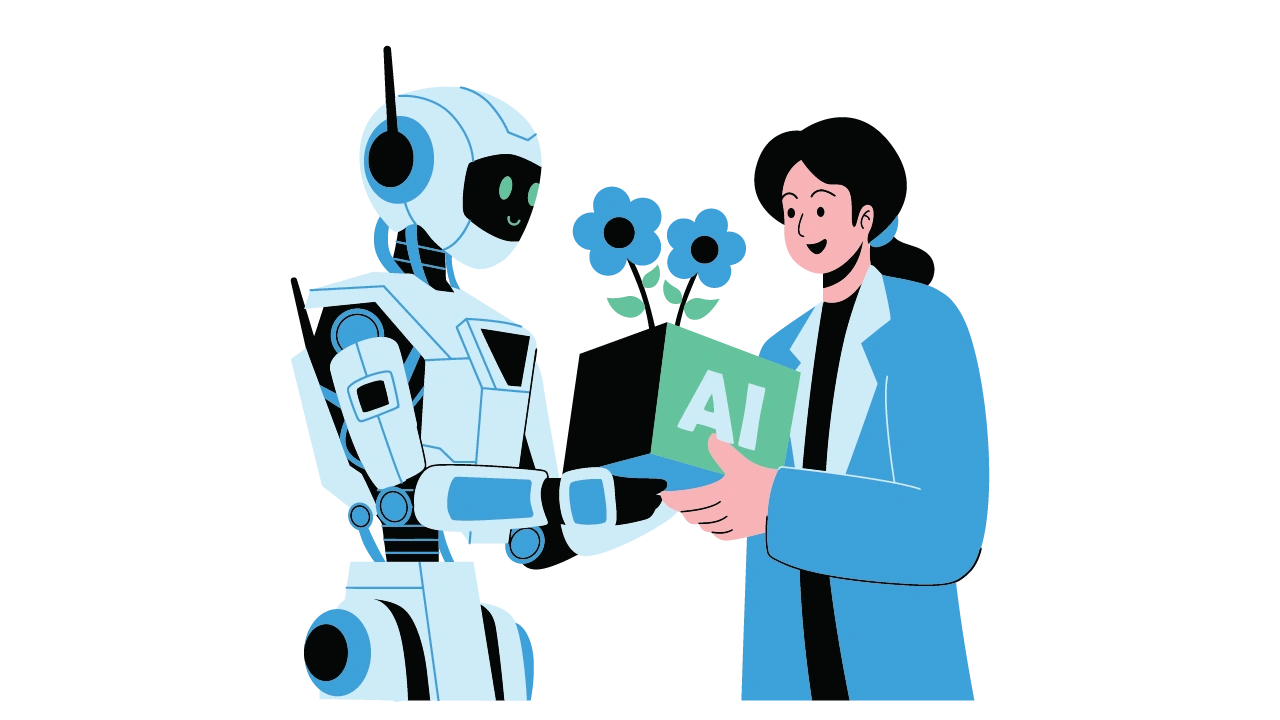
In today’s rapidly evolving work landscape, the arrival of Agentic AI in the workplace is shifting the way teams function, decisions...
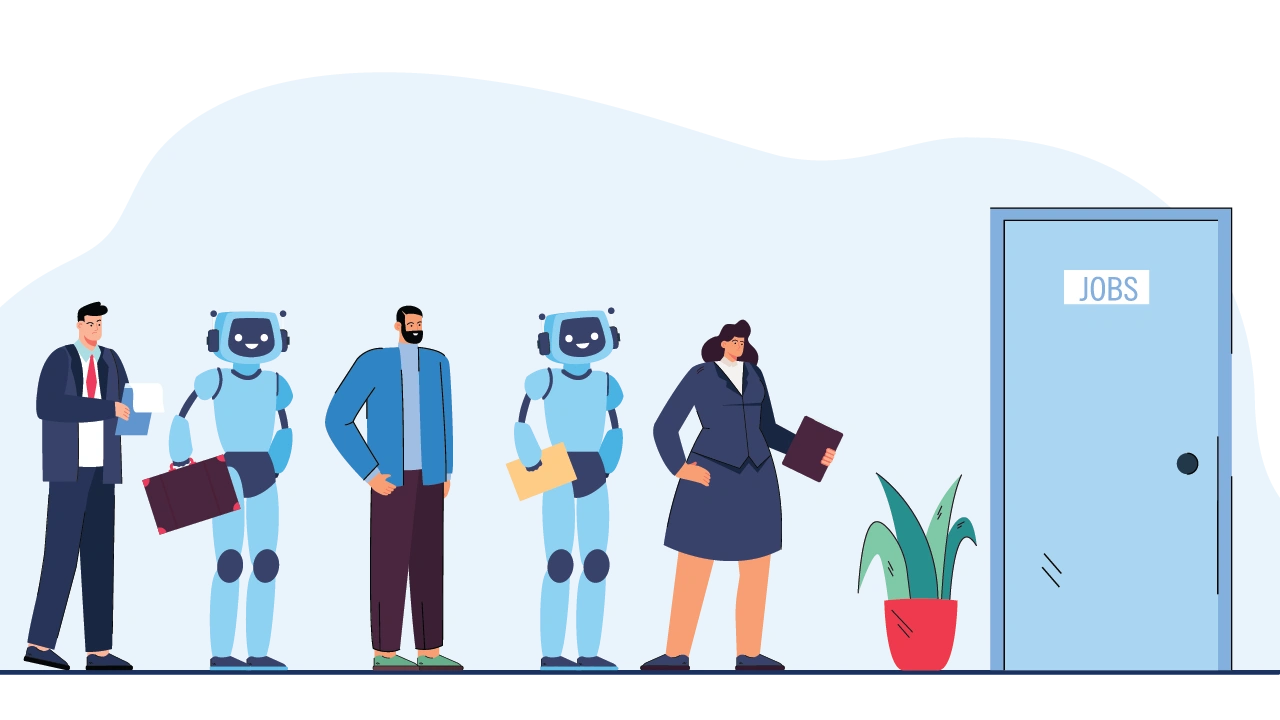
As artificial intelligence continues to reshape the workplace, a new frontier is emerging-one where human workers and AI agents...
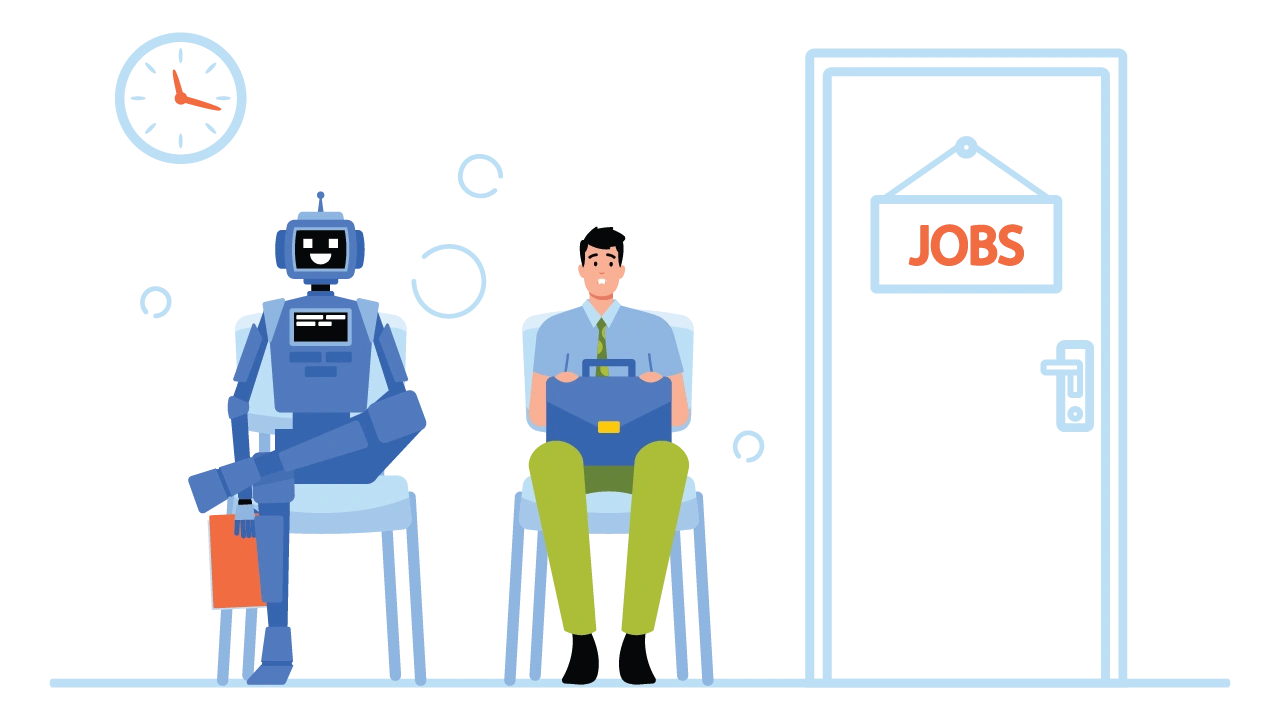
The “Future of Work” is no longer a distant vision—it’s today’s reality. In 2025, global organizations are navigating a landscape...
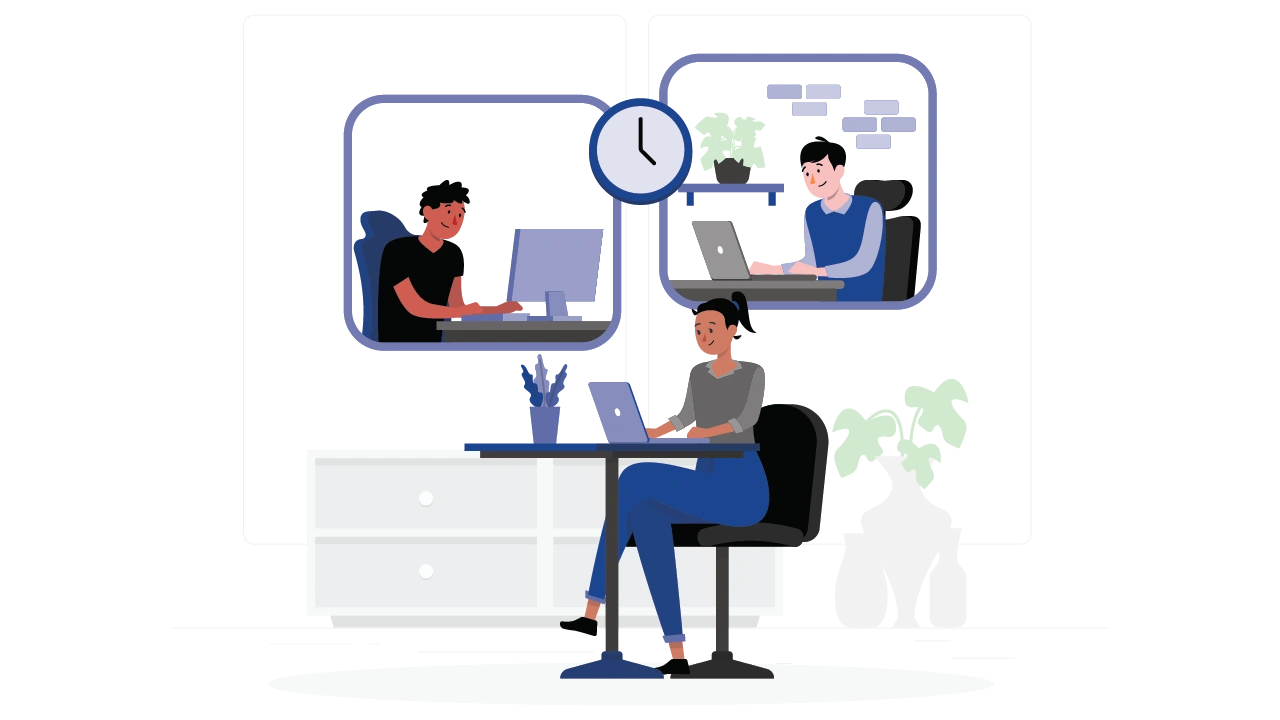
In a world where distributed teams are the norm rather than the exception, the role of culture is under the microscope like never before...
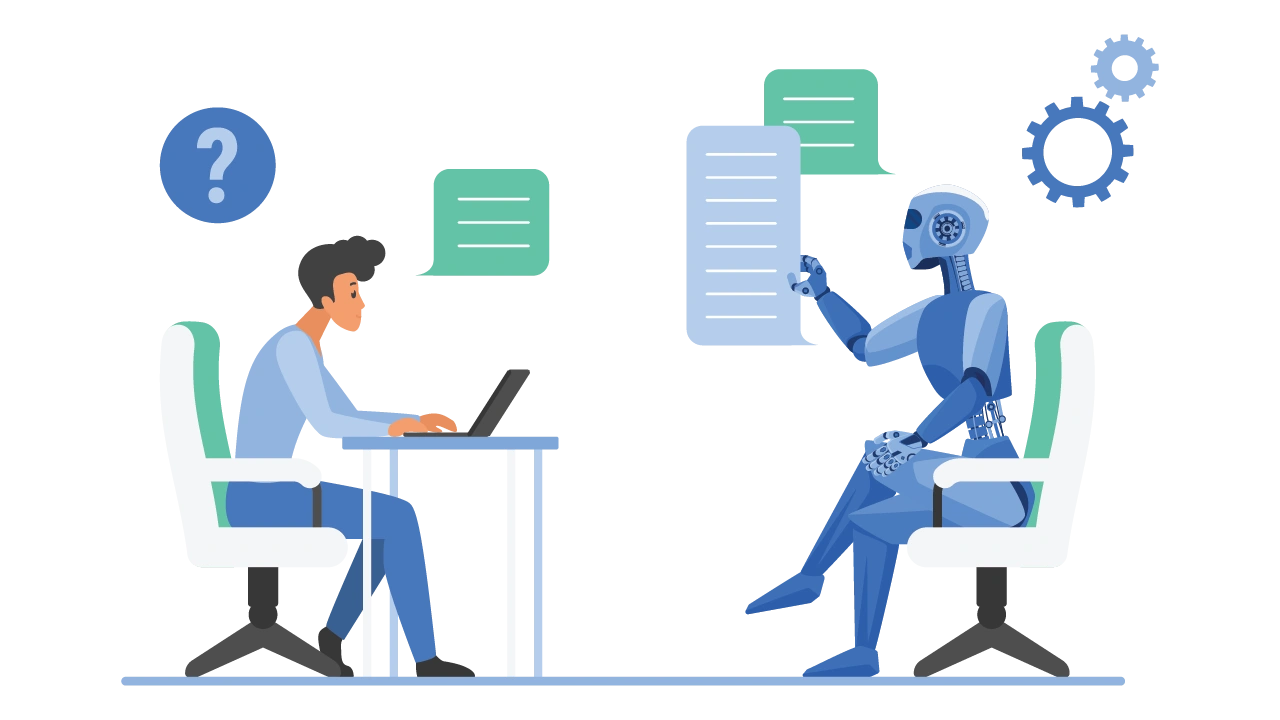
We hear about AI everywhere - from headlines about job losses to promises of supercharged productivity...
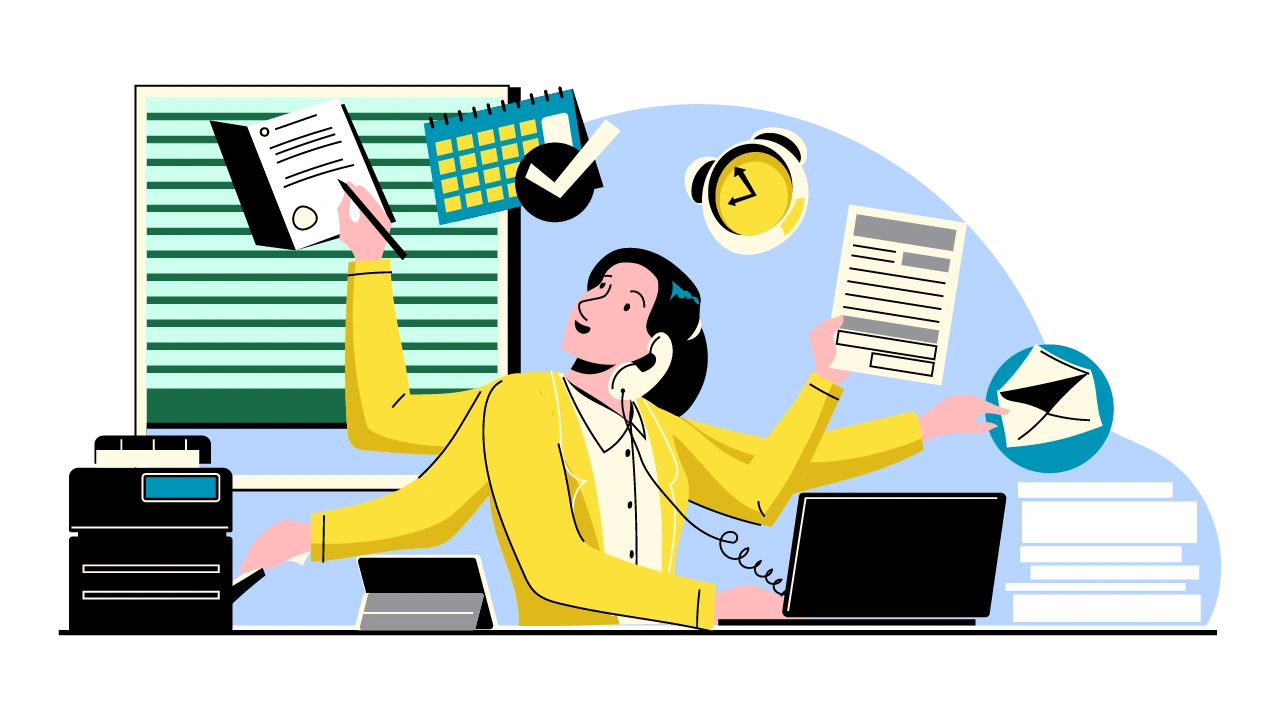
In today's dynamic and often unpredictable business landscape, growth is the ultimate aspiration for small and mid-sized enterprises (SMEs)...